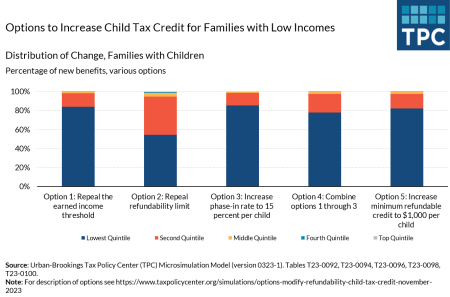As companies continue struggling to manage remote work for their employees, many workers want at least some remote work. But although working from home has become a semi-permanent feature of the economy, not everyone can get it. Can you?
The biggest factor determining remote work is the industry you’re in; it’s highest in sectors with a significant amount of desk and office work. Conversely, there’s little remote work in sectors with physical demands, like agriculture and mining (although office and managerial jobs can still be remote).
Nicholas Bloom and his colleagues at Stanford track and analyze these data. For the first part of 2023, information sector employees had the most remote work, averaging 2.55 days out of every 5 per week.
Other high remote industries included finance and insurance (2.28 days) and professional and business services (2.04 days). Conversely, sectors with less than one day per week included manufacturing (0.9 out of 5), retail (0.74 days), transportation and warehousing (0.7 days) and hospitality and food services (0.65 days).
After the industry, the job—or more accurately, the tasks making up the job—are the next big factor. In June 2020, University of Chicago researchers concluded “37% of jobs in the United States can be performed entirely at home” and those jobs “typically pay more than jobs that cannot be done at home.”
A recent National Bureau of Economic Research paper (NBER) analyzed job postings offering “hybrid or fully-remote work.” Computer and mathematical jobs led the way, (over 35% of postings with remote), with business and financial operations second at over 25%. The lowest? Food preparation.
The job posting site Indeed lists “35 of the best remote jobs” with higher than average pay and growth potential, mostly in “business and financial” or “computer and information technology” jobs. Those two subcategories make up 69% of the Indeed list, with 80% of them requiring a bachelor’s degree.
This is consistent with other findings tying higher education to remote work. The Stanford researchers found workers with a high school degree or less (31% of the workforce over 25 years old) “account for 20%” of total paid remote work days in the economy. Contrast that with those with four or more years of higher education—44% of all workers over 25 years old, but they have fully 70% of all paid remote work days.
Remote working also is skewed by race and ethnicity. Black and Hispanic workers have less education and also are more likely to be in jobs that don’t feature remote working. One study found in the early days of the pandemic that 24% of white workers did some remote work, compared to 19% of Blacks and 14% of Hispanics.
And some research finds that women are more likely to work at home, especially in families with dependent children. In 2022, the American Time Use Survey (ATUS) found that “41% of female workers spent time working at home compared with 28% of male workers.” This has given rise to concerns that remote work may be creating a new “mommy track” where female workers get less opportunities for promotion and advancement.
How gender affects working from home isn’t actually so clear. Although the ATUS recorded a clear difference between men and women, the Stanford researchers found less of a difference,: “women work from home slightly more than men, but this already-small difference shrinks further or disappears altogether when controlling for women’s greater education.”
What about where you live? We routinely see stories about workers and companies moving to “zoomtowns,” places with cheaper housing that can accommodate remote workers, conjuring up images of big national population shifts.
But much of remote work’s impact on household location simply expands people’s commuting distance, in their same metropolitan area. Since more people work in “hybrid” situations—a few days in the office and a few days at home—rather than full time remote work, they still need to reach the office some days.
The Stanford researchers find that in 2023, 55.9% of all workers report being “fully onsite,” with no remote work. 28.6% are in hybrid arrangements, with only 15.5% “fully remote.” So both “fully onsite” and hybrid workers need access to the workplace outside their home, and can’t move very far away.
But they can (and do) take on longer commutes, since they don’t do it every day. Fannie Mae
FNMA
So your remote work odds are higher if you’re in business, information or tech; have a BA or higher; are white; and have childcare or other dependent responsibilities. But a lot still depends on your employer, since different companies approach remote work differently.
As I reported in my last blog, researchers find companies in the same industry, hiring for the same jobs, have very diverse policies. For automotive engineering jobs, the NBER paper reported Honda offered remote work over 40% of the time, compared to virtually zero for Tesla
TSLA
So remote work is now a much bigger part of the labor market than it first appeared, especially hybrid, although still only for a somewhat privileged subset of workers. The impacts on productivity, career pathways, and long-term careers remains to be seen.
Read the full article here








